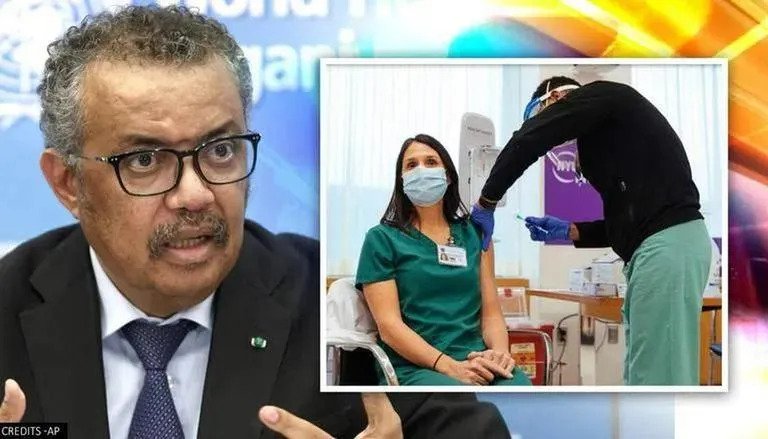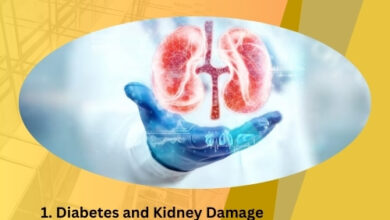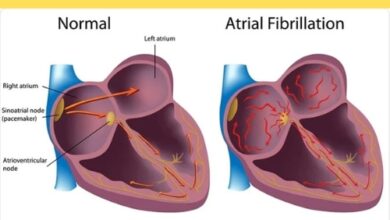What Does the End of COVID-19 as a Global Health Emergency Mean for the World?

After over a year of battling the COVID-19 pandemic, we finally have some good news. According to the World Health Organization, the COVID-19 pandemic has officially ended as a global health emergency. This is certainly a huge milestone that we should all celebrate, but it also raises some important questions. What does this mean for the world as we know it? Will things go back to the way they were before the pandemic? Or will we need to adapt to a new normal? We will explore the impact of this declaration on different aspects of our lives, from healthcare and travel to the economy and social interactions. Join us as we dive into the post-COVID world and try to make sense of the new reality.
What the End of a Global Health Emergency Means for the World
In a significant announcement, the WHO chief has declared the end of COVID-19 as a global health emergency, marking a promising turning point in the fight against the pandemic. This decision has come as a result of an extensive review of the current situation and the progress that has been made in combating the virus. While COVID-19 continues to pose a threat to public health and safety, this declaration is a signal that we are closer to restoring normalcy in our lives. It underscores the importance of global collaboration in countering the pandemic with science and effective measures. As we move forward, it will be crucial to remain vigilant and continue to prioritize public health measures to protect individuals and communities from this ongoing threat. With continued efforts and collective action, we can overcome this unprecedented challenge and emerge stronger than ever before.
The World Health Organization’s chief has declared the end to the COVID-19 as a global health emergency, stating that it is now time to focus on addressing the longer-term health and socio-economic impacts of the pandemic. These impacts include mitigating the effect on vulnerable populations, protecting frontline healthcare workers, and bolstering healthcare systems weakened by the virus’ spread. As the world transitions from a state of emergency to a new normal, it is crucial to remain vigilant and continue implementing measures to ensure the safety and well-being of individuals and society as a whole. The WHO remains committed to working with countries and partners to strengthen healthcare systems and promote global health security.
Thereafter, it is imperative that we do not become complacent in our efforts to combat COVID-19. While the WHO may have declared an end to it as a global health emergency, the virus still poses a significant threat to public health worldwide. Thus, it is crucial that countries continue to collaborate and share data to improve their understanding of this virus and better prepare for future health emergencies. This includes investing in research, developing effective vaccines, and ensuring equitable distribution of resources to those most in need. By working together, we can not only overcome the current pandemic but also build a stronger, more resilient global health system capable of tackling any future health crisis that may arise.
The Importance of WHO’s Declaration
The World Health Organization’s (WHO) announcement declaring the end of COVID-19 as a global health emergency is a crucial step towards recovery from the pandemic. This proclamation is significant in the sense that it signals a shift in focus from containment to recovery. It provides countries around the world with an opportunity to plan and implement strategies for economic and social revival amidst the impact of the virus. The WHO’s decision highlights the importance of continued vigilance and preparedness as we navigate the post-pandemic era with caution and perseverance. The declaration is an indication that global efforts to combat COVID-19 have been successful, but it is also a reminder that the fight against this virus is far from over. WHO chief’s declaration of the end of COVID-19 as a global health emergency is a beacon of hope, but it should not lead to complacency. We must continue to work together to minimize the spread of the virus, protect vulnerable populations, and find innovative solutions to overcome the challenges posed by the pandemic.
Also, while WHO chief Tedros Adhanom Ghebreyesus has declared an end to COVID-19 as a global health emergency, it is important to remember that this is not the end of the pandemic nor the end of the challenges that it poses. Issues such as health equity gaps, economic disparities, and educational neglect have been brought to light even more through the pandemic. It is vital for governments, organizations, and individuals to continue to work towards addressing these issues and ensuring that everyone has access to the resources and support they need during this time. The WHO chief’s declaration serves as a reminder that we must remain vigilant and continue efforts to combat the long-term effects of COVID-19.
To Conclude
As the WHO chief declares the end of COVID-19 as a global health emergency, we can breathe a sigh of relief and celebrate this huge milestone. However, we must also acknowledge that this pandemic has changed the world forever. The impact of this declaration will be felt in every aspect of our lives, from healthcare and travel to the economy and social interactions. We cannot go back to the way things were before the pandemic; instead, we must adapt to a new normal that prioritizes public health and safety. The road ahead may be uncertain and challenging, but with patience, resilience, and cooperation, we can overcome any obstacle and build a better future for all. Let us embrace this new reality with courage and hope, knowing that we are stronger together than we are apart.




